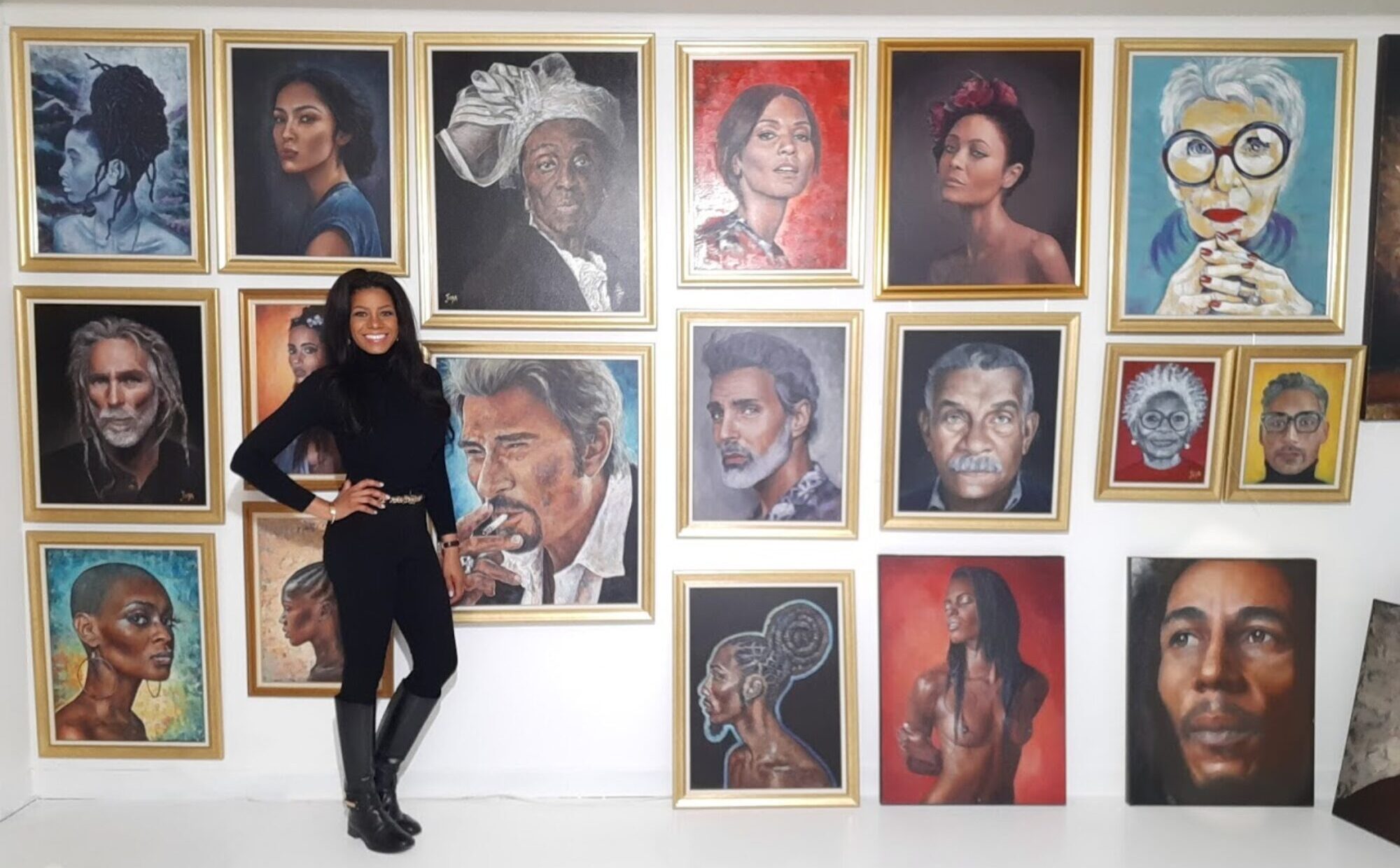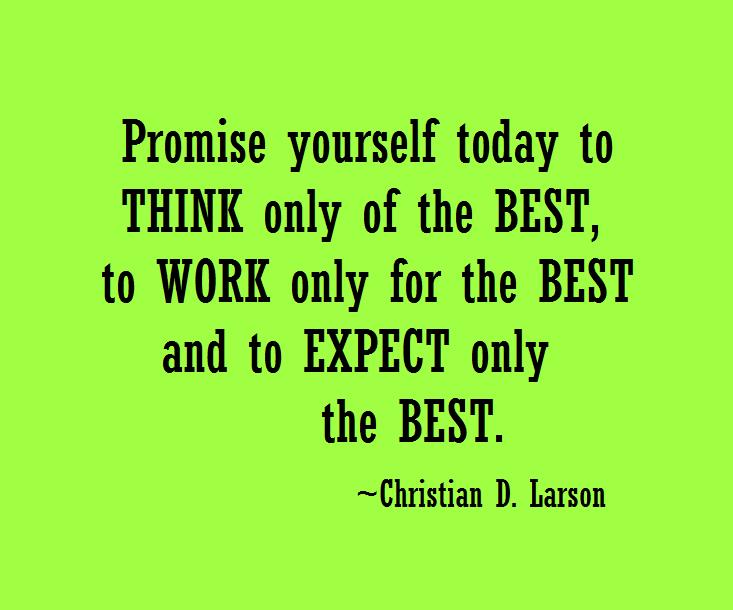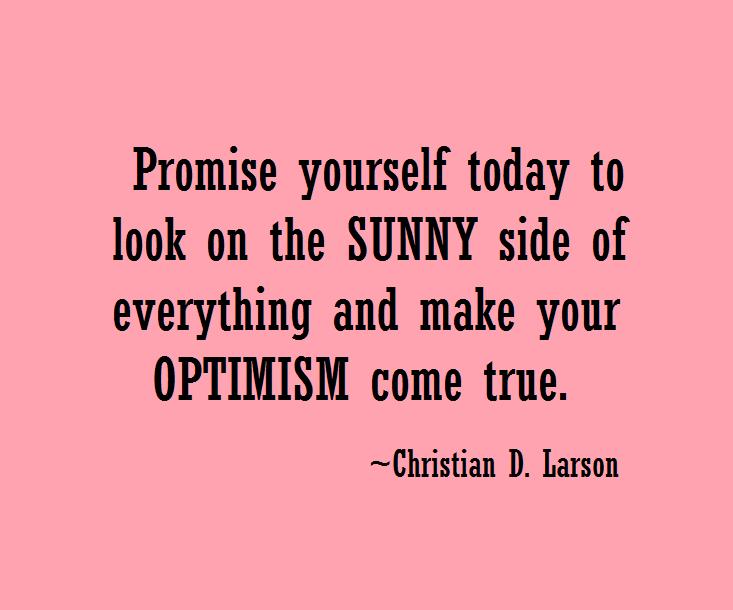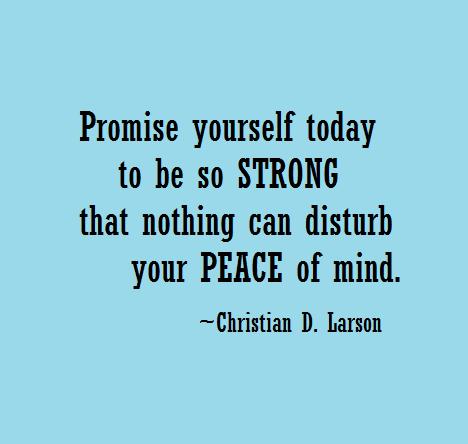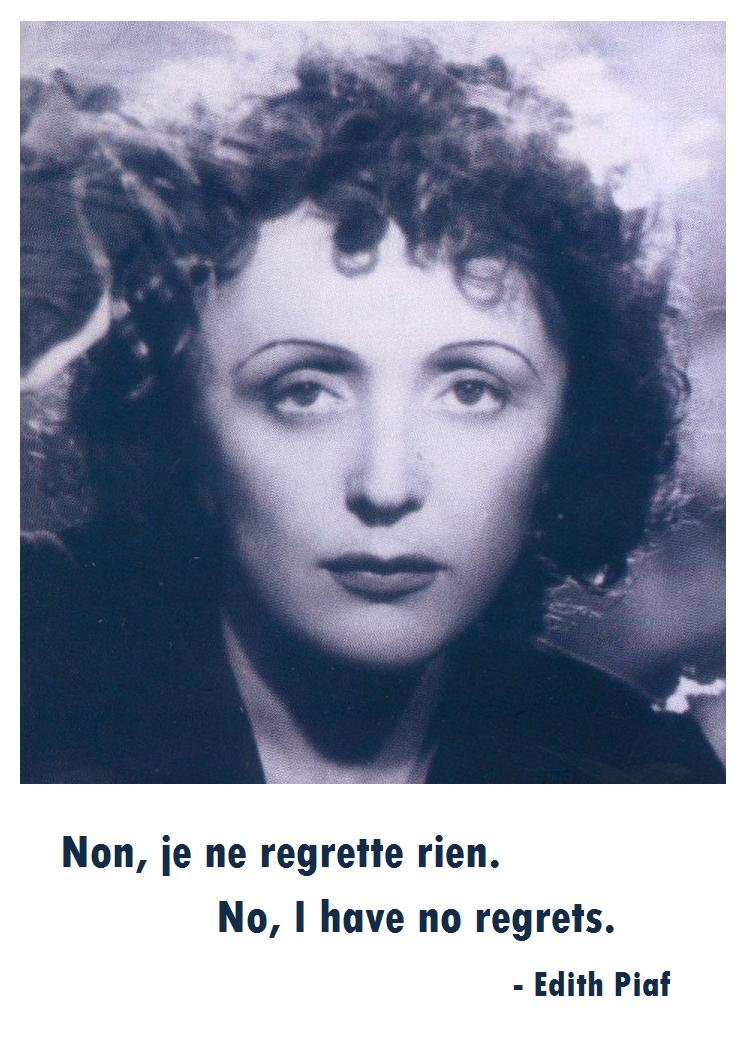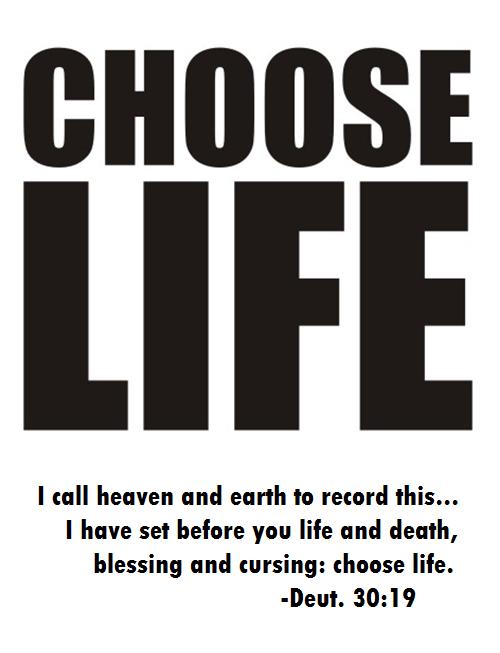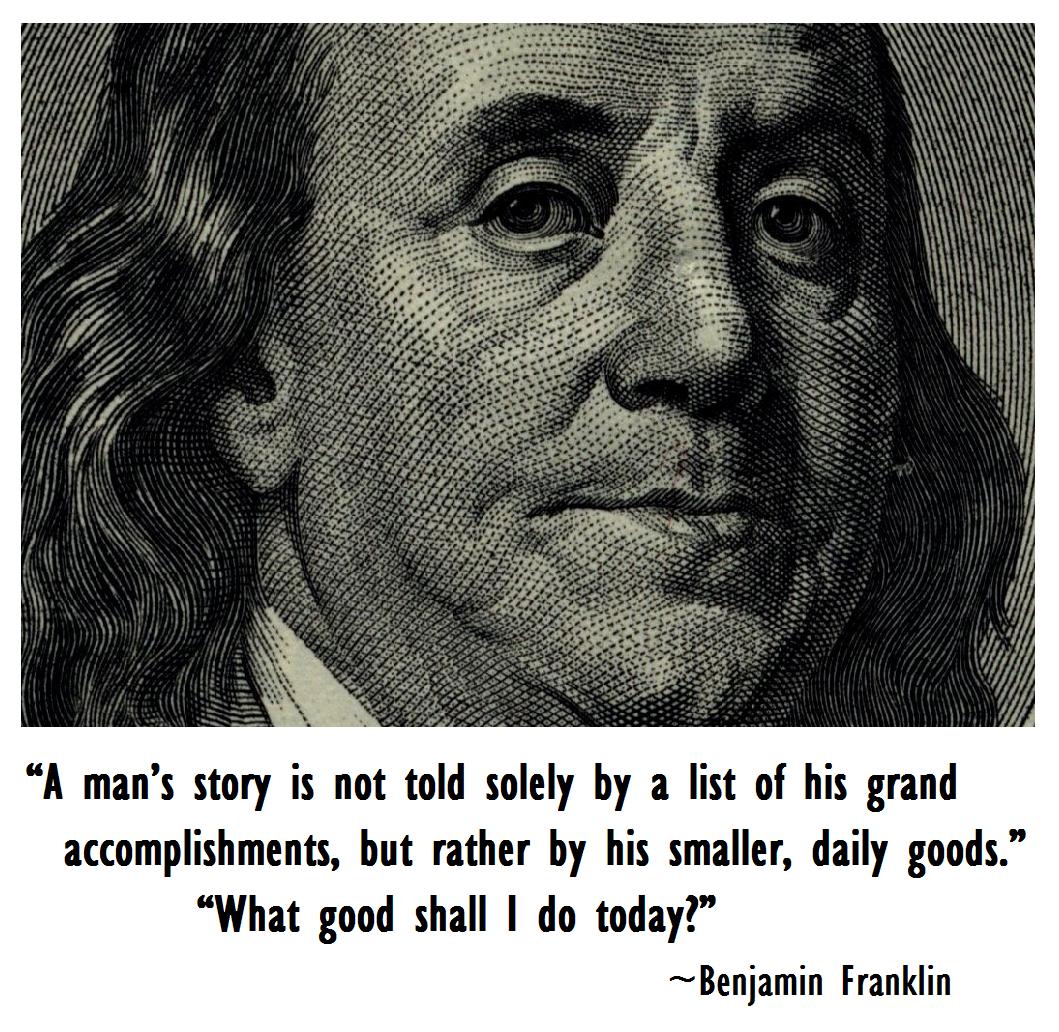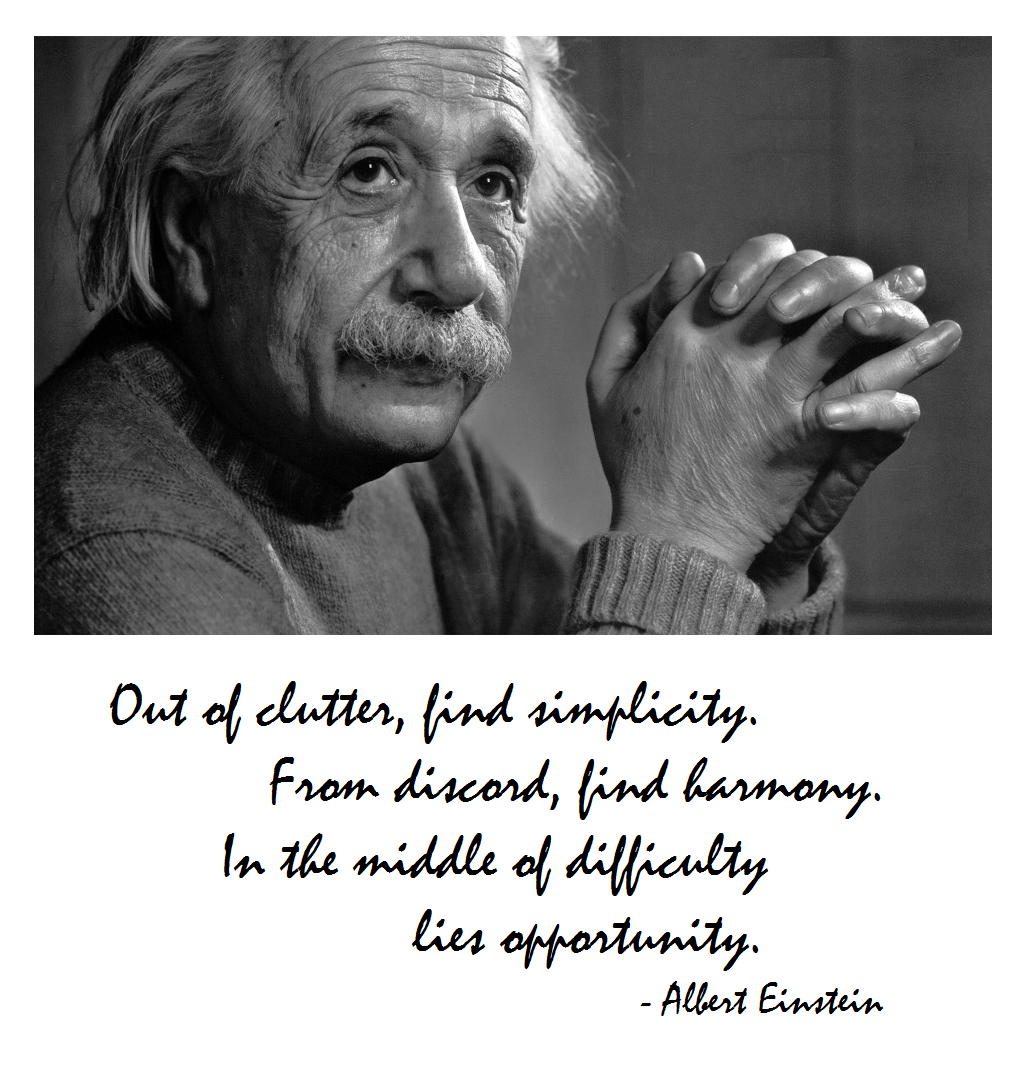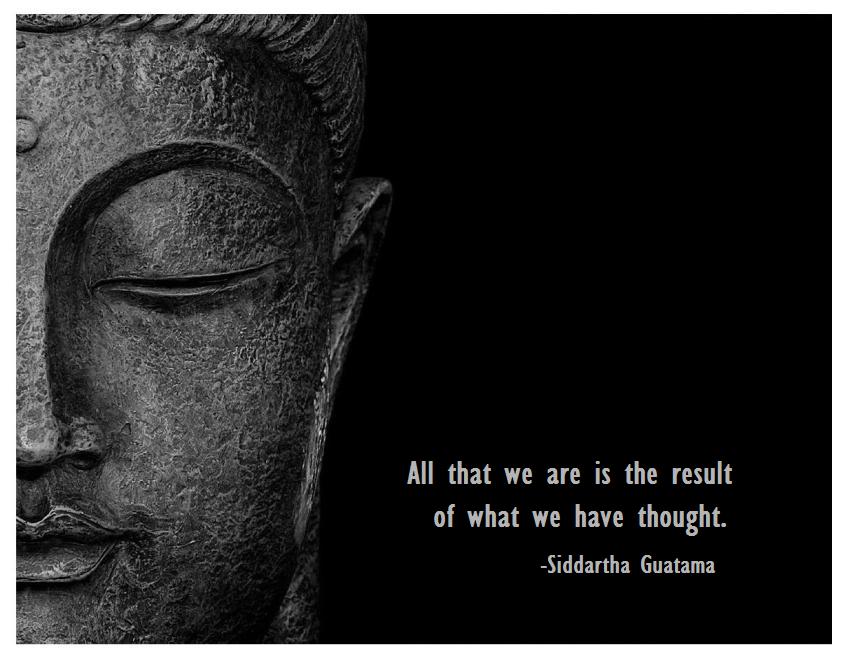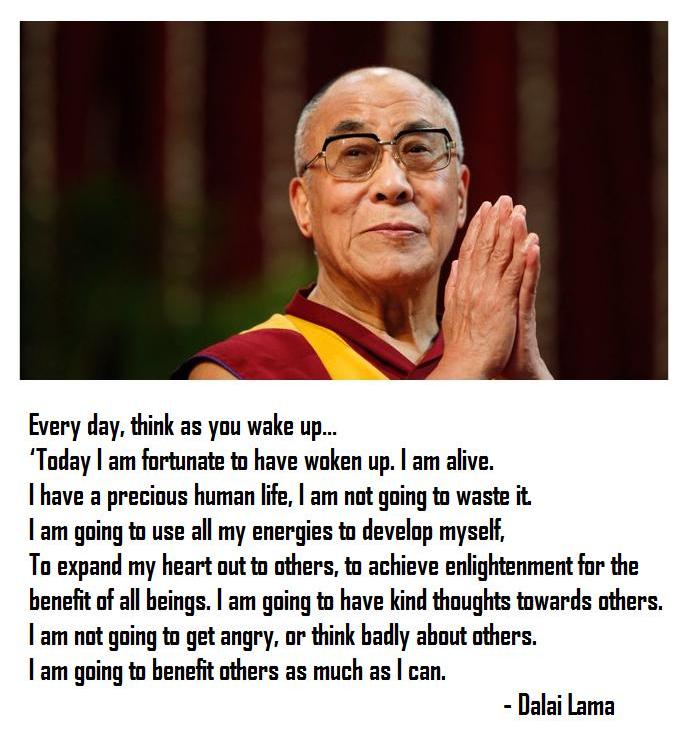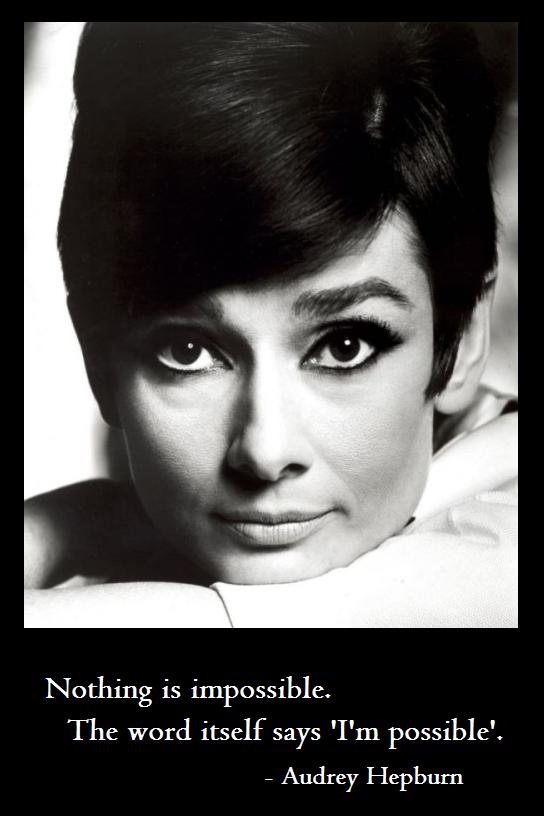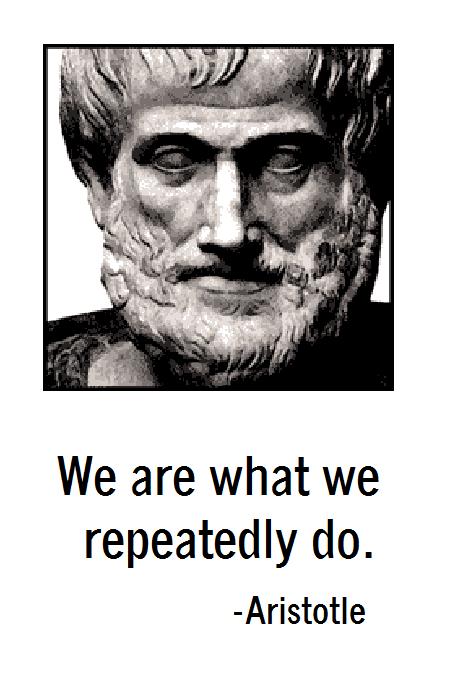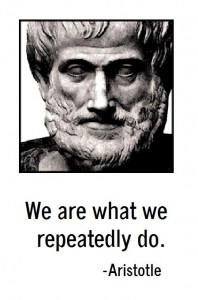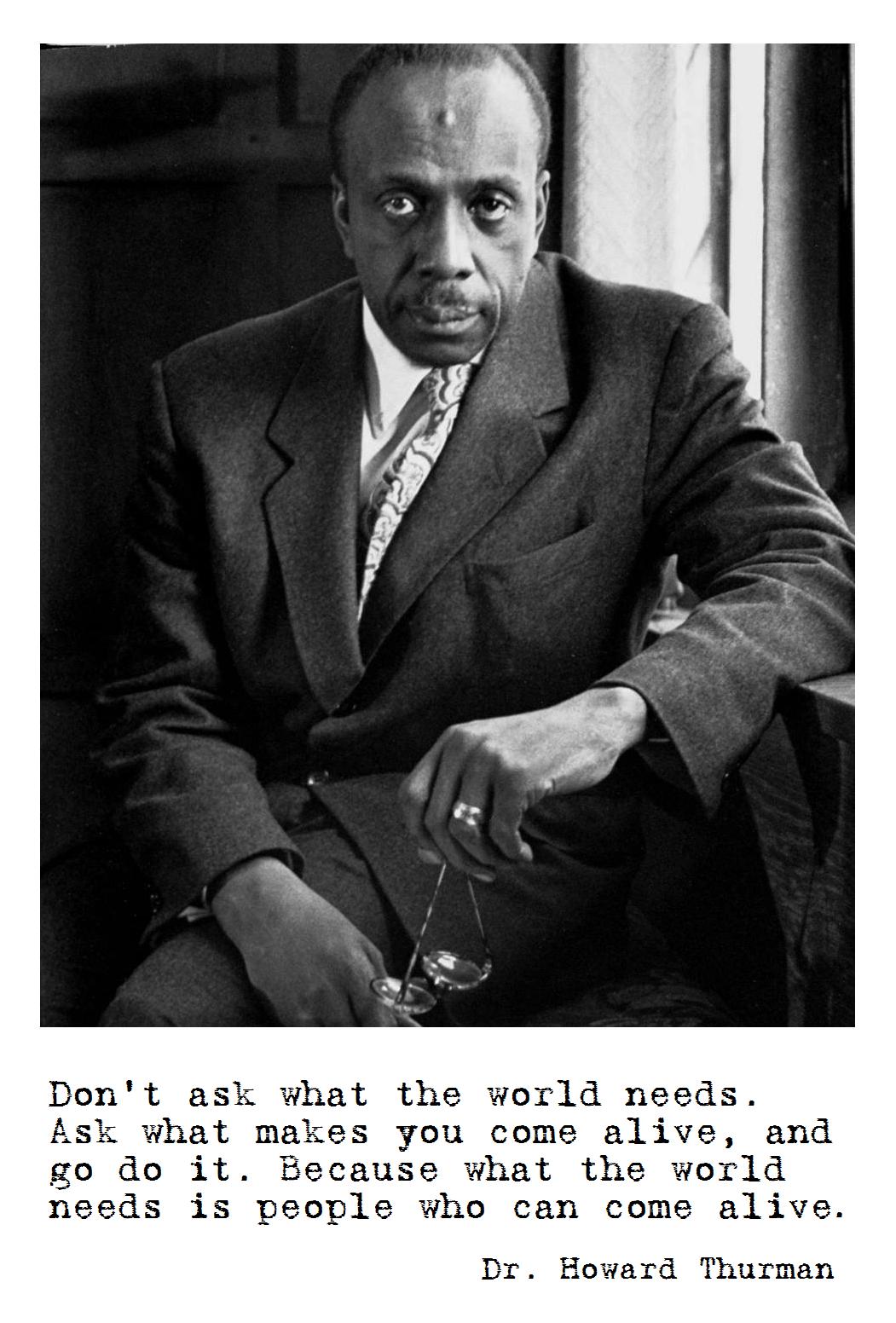
Dr. Howard Thurman
A few weeks ago, I was driving home from work and listening on my iPhone, to a speech by the dynamic and inspiring, Les Brown. During this speech, I was captivated by a quote which he credited to Dr. Howard Thurman. Dr. Thurman was a remarkable man: an author, civil rights leader, educator, philosopher, scholar, theologian and mystic. Some say, that if there had not been a Howard Thurman, there would not have been a Martin Luther King Jr as we know him.
Howard Thurman was born in segregated Florida in 1899, and raised by his once enslaved grandmother. He rose from his upbringing in the “dirty south” to graduate from Morehouse College as valedictorian in 1923. He quickly went on to further his theological studies, and was ordained as a minister in 1925. Howard Thurman then pastored a Baptist Church and received the prestigious joint appointment as Professor of Religion and Director of Religious Life at Morehouse and Spelman colleges in Atlanta, Georgia. He then went on to pursue a Doctorate in Philosophy, and became the first black Dean at Boston University and then the first Dean of Rankin Chapel at Howard University in the District of Columbia.
Throughout his career, Dr. Howard Thurman lead Christian missions and traveled widely. In 1936, he led a “Negro Delegation of Friendship” to South Asia. There he conferred with the the pre-eminent Indian leader, Mohandas Gandhi. Thurman said that in his meeting with Gandhi, the Mahatma regretted not having made nonviolence more visible worldwide. Gandhi further expressed his wish that the message of non-violence be sent to the world by African-Americans, and suggested some black man would succeed in making this mandate more widely known.
Thurman, Gandhi and King
Howard Thurman’s ideological vision was forever broadened by his meeting with Gandhi. In 1944, he founded the first racially integrated, intercultural church in the United States. His 1949 book, ‘Jesus and the Disinherited’, presents the basic goal of Jesus’ life as helping the oppressed to change from within, to be empowered to surmount persecution by being rooted in a “deep river of faith”. This seminal work, laid the principle foundations for the nonviolent civil rights movement. According to Thurman, the emotions of deception and hatred isolate blacks and whites causing them to only see each other in stereotypes and prohibiting a peaceful end to racial bigotry.
Dr. Thurman had a profound spiritual impact on Martin Luther King Jr. A former classmate of Dr. King’s father, Thurman was a mentor to King Jr., and often met with him, while he was at a student at Boston University. Dr. King was later known to carry Howard Thurman’s book with him at civil rights rallies, reading quietly in the moments before they began. Dr. Walter Fluker said of Thurman’s influence: “leaders like King do not arise out of a historical vacuüm. There are movements and there are personalities who actually sow the seeds. Thurman is one of those persons who sowed the seed.”
Thurman wrote hundreds of sermons and articles and over 20 books about the link between spiritual renewal and social change. He was passionate about the unity of all creation, the building of community and the search for common ground. Ebony magazine called Thurman one of the 50 most important figures in African-American history, and in 1953 Life Magazine lauded him as one of the twelve most important religious leaders in the United States.
And now here’s the quote:
The ideal situation for a man or woman to die is to have family members standing with them as they cross over. But imagine, if you will, being on your death-bed, and standing around your bed are the ghosts of the ideas, the abilities, the talents, the gifts, the dreams given to you by life. That you, for whatever reason, never pursued those dreams. You never did anything with those ideas. You never used those talents. You never used those gifts. You never took advantage of those opportunities. And there they are, standing around your bed, looking at you before you take your last dying breath, looking at you with angry eyes saying, “We came to you, and only you could have given us life and now we must die with you forever.”
Don’t Let Your Dreams Die with You
If you died today, what dreams would die with you? What abilities would die with you unexpressed? What talents would pass away? What gifts would be buried forever?
After only finishing the seventh grade, Howard Thurman’s family scraped together all they had to send him away to high school, the fare turned out to be higher than anticipated. He was left at the station penniless and crying, then a stranger walked up and paid his ticket. Although he never discovered the man’s identity, Howard Thurman, dedicated his autobiography “to the stranger in the railroad station in Daytona Beach who restored my broken dream sixty-five years ago.” Would there have been a Dr. Howard Thurman without this kind stranger? Could this stranger have known the generations that would be touched and grateful for his indirect impact on one of the greatest civil rights leaders of all time? Without this small gesture that touched the life of Howard Thurman, would Dr. King ever have spoken the words “I have a dream”?
You will never know the full reach of even the small good that you do in life. Don’t let your potential remain unrealized. Never allow fear or criticism to hold you back from achieving your dreams. Don’t allow procrastination or low self-esteem to prevent you from becoming the person you are truly meant to be. You are irreplaceable. There are boundless possibilities within you. There is limitless potential in you. There is infinite good within you. Don’t deprive the world of the unique purpose that lies within you. Don’t let the amazing gifts that have been given to you die with you unfulfilled.
